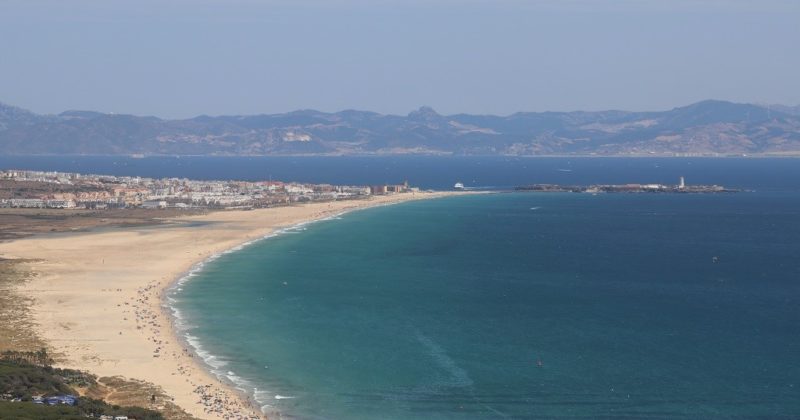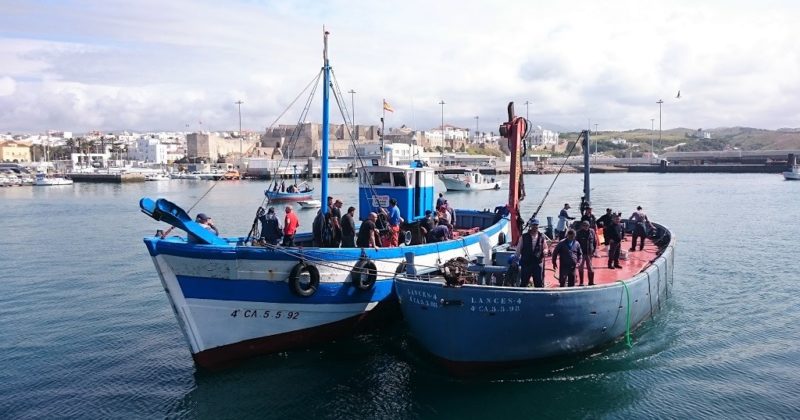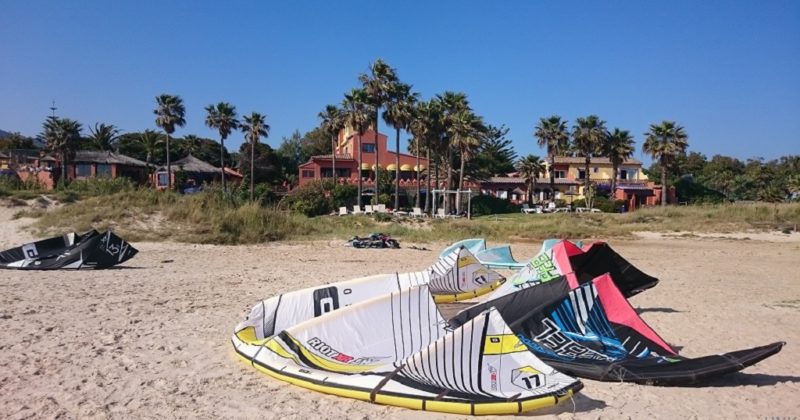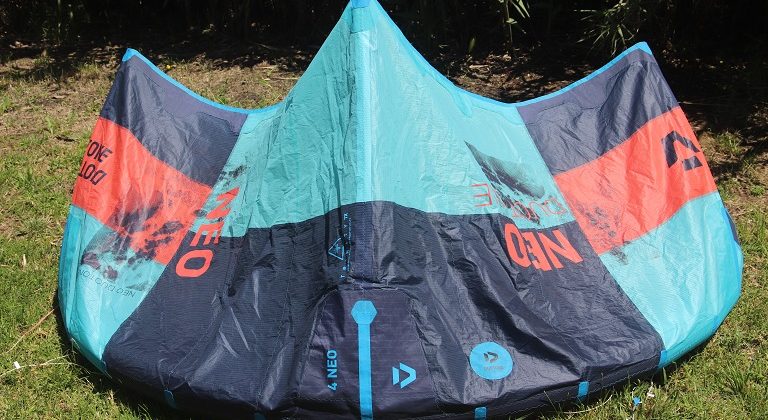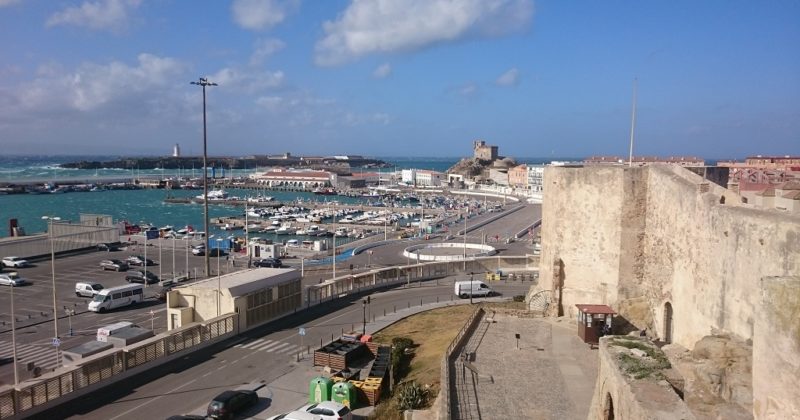
History
In Tarifa is written part of the history of Spain
The town of Tarifa is located in the most southerly region of the iberian Peninsula and the European continent. Only 16.3 km from the African coast and at the meeting point of the Mediterranean sea and the Atlantic ocean. This is a fascinating place, filled with fantasy and fables, about wich people of the old world created myths and legends, where Titans, nymphs and gods dwelled. Here it is believed that Hercules erected two great columns that held up a celestial dome shortly after the disappearance of Atlantis under the waves. This region was home to a wide variety of communities and cultures all leaving their mark by way of a significantly diverse historical heritage that can be described as one of Spain´s most interesting.
The history of Tarifa runs parallel to that of Spain itself. No culture or community has existed in our country without having left its mark in some...

